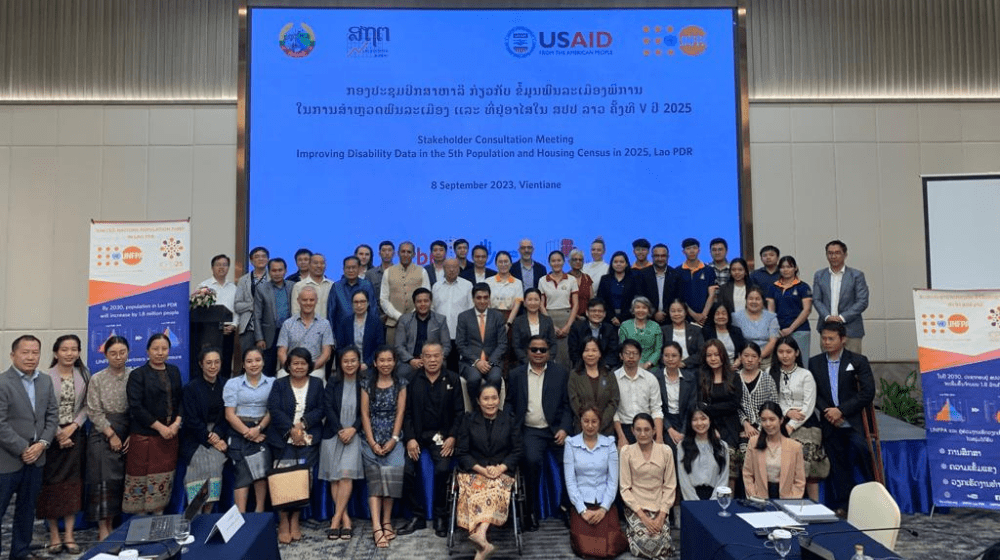08 September 2023, Vientiane, Lao PDR - Today, the Lao Statistics Bureau (LSB), Ministry of Planning and Investment, and United Nations Population Fund (UNFPA), in collaboration with the United States Agency for International Development (USAID), the CBM/Global Disability Inclusion network, World Education and Humanity Inclusion organised a stakeholder consultation meeting on improving disability data in the 5th Population and Housing Census in Lao PDR.
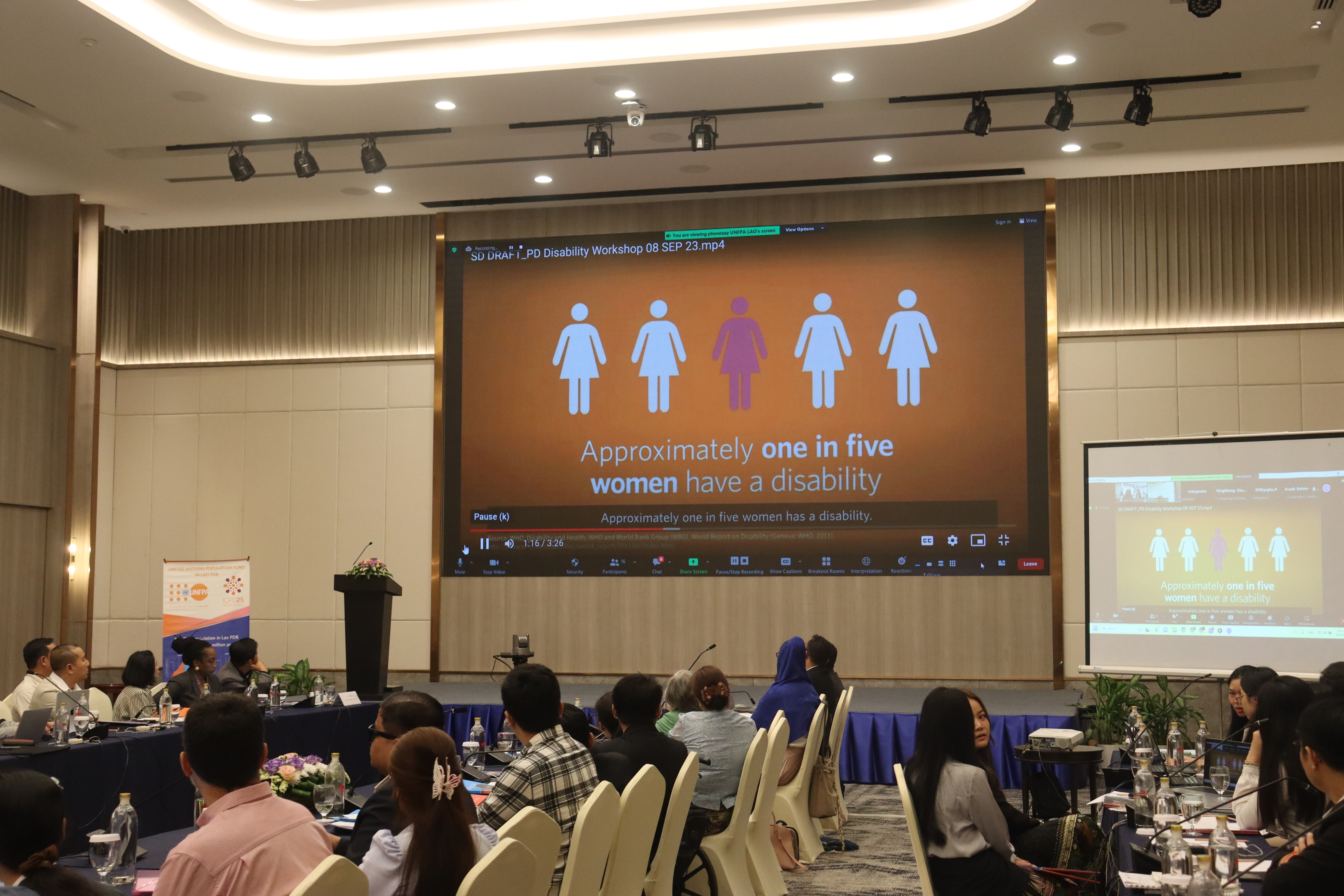
Organisations of Persons with Disabilities actively engaged in the consultation with key Ministries to ensure meaningful representation.. This is in preparation of the upcoming census in Laos on disability inclusion in line with the “Nothing about us, Without us” participation approach and the guiding principle “Leave No One Behind” of the United Nations Sustainable Development Cooperation Framework 2022-2026.
This workshop was organised as a follow-up to the discussions of the first stakeholder’s consultation meeting held in March on the census thematic areas disability data.
During the meeting, participants reviewed challenges and lessons learnt from the previous census (2015 PHC) and proposed practical solutions to improve the disability data in the upcoming census. They also discussed the preparation of the enumerators, manuals and questionnaires and highlighted the technical and financial assistance needed to support LSB in quality data collection and analysis of disability data.
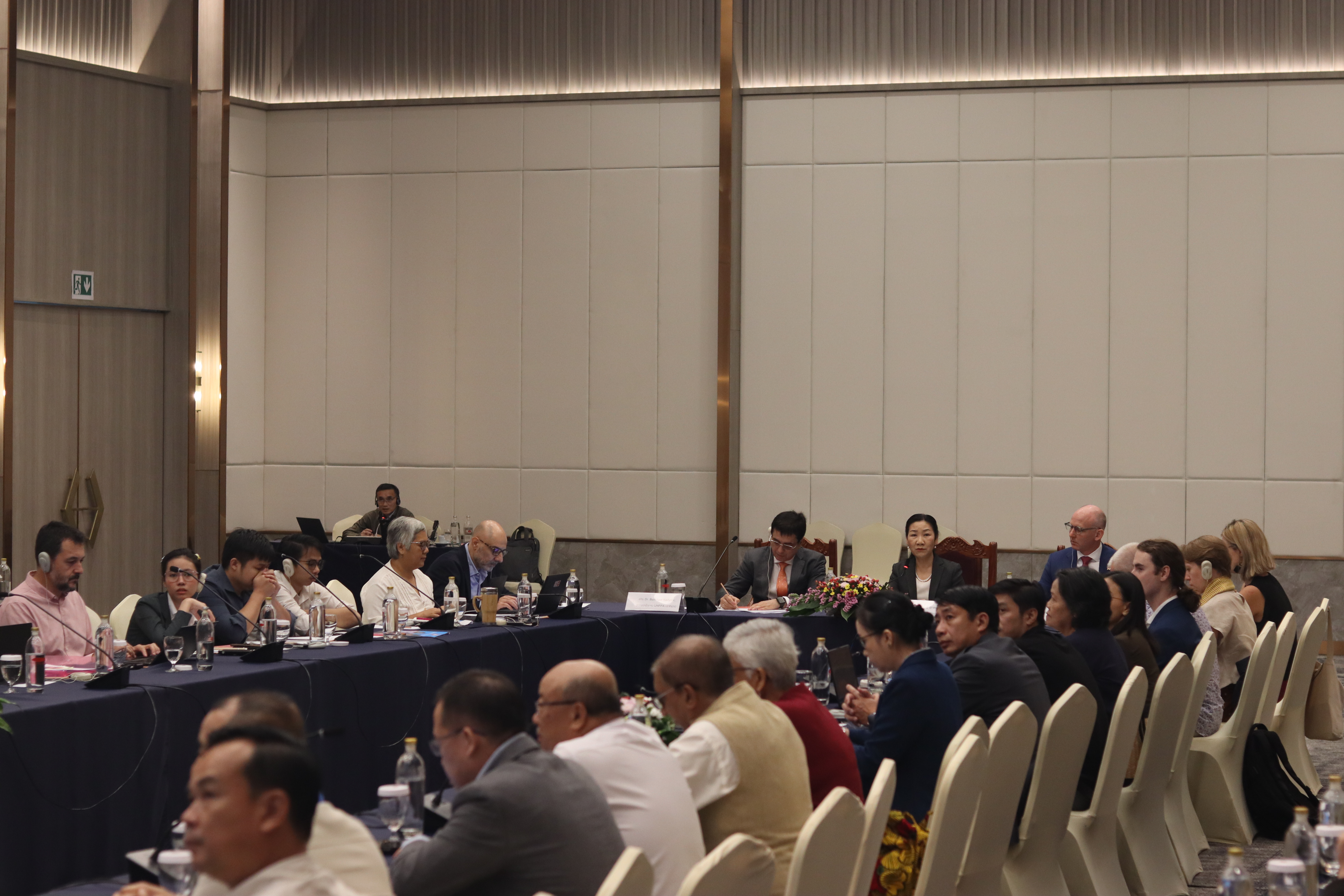
Mme Phonesaly Souksavath, Head of Lao Statistics Bureau, Ministry of Planning and Investment, said, ”The population and housing census is a massive exercise. It requires huge investments: financial, technical and human resources. It will take approximately 13,151 field personnel to complete it. Ensuring a consultative approach in preparing the census questionnaire and that enumerators are fully aware of the different dimensions of disability inclusion is amongst the key approaches for quality results. We want the census to be completed with the full integration of all international standards, ensuring the inclusion of each and everyone of us in Laos, particularly focusing on genderdized and disability inclusive data .”
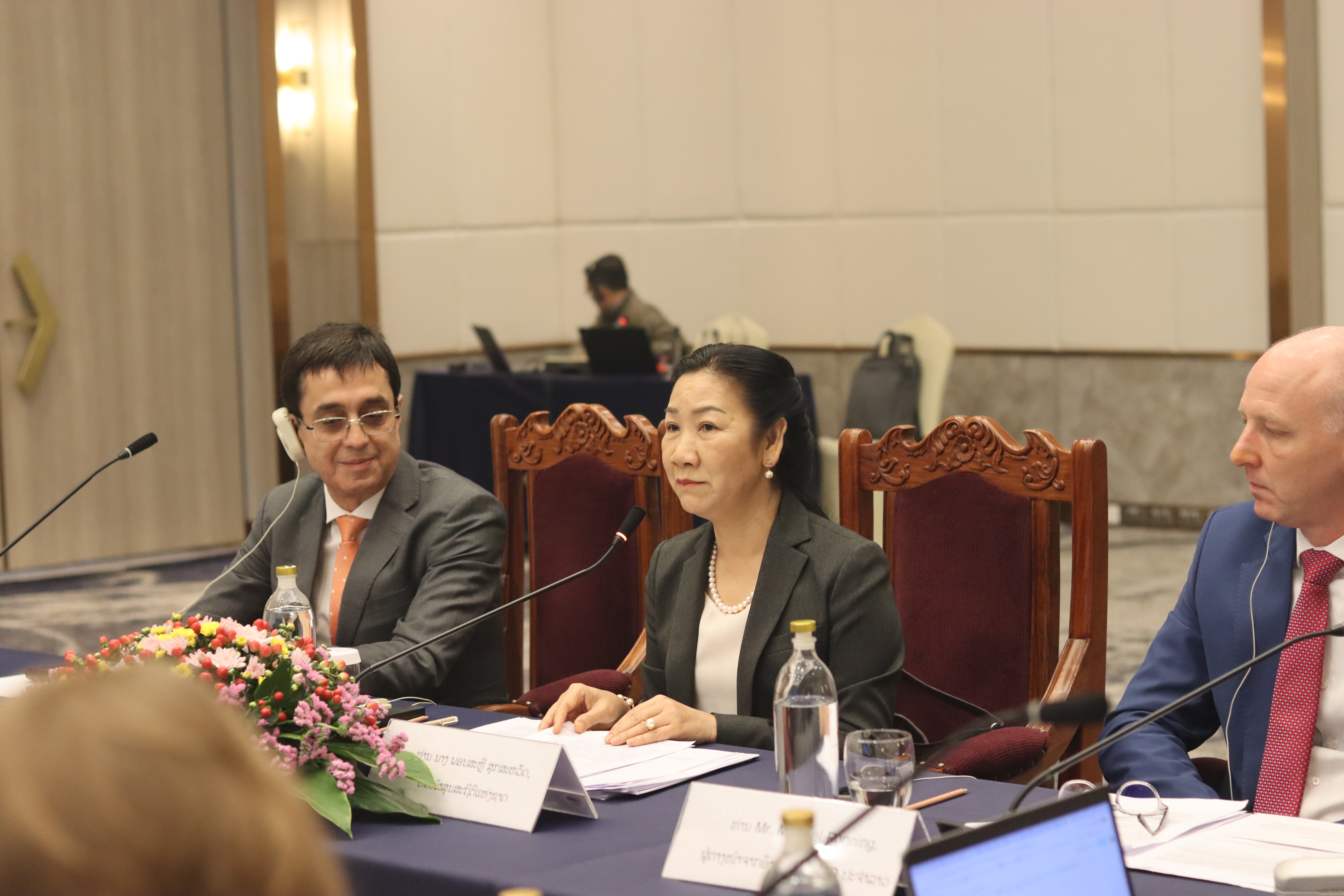
She added “In addition to this, and on behalf of the Ministry of Planning and Investment and the Lao Statistics Bureau, would like to take this opportunity to call for the kind support and collaboration of all government sectors, international organisations, development partners and society to make this census happen successfully and be able to provide useful information for the NSEDP and SDGs monitoring of the country.”
This year is an important milestone for the census preparation since two of the most important tools will be developed and tested, namely: the draft questionnaire and the GIS-mapping system.
As per the United Nations guidelines, the questionnaire elaboration should take into account various population groups particularly persons with disabilities, marginalised vulnerable people, ethnic groups to ensure everyone is counted.
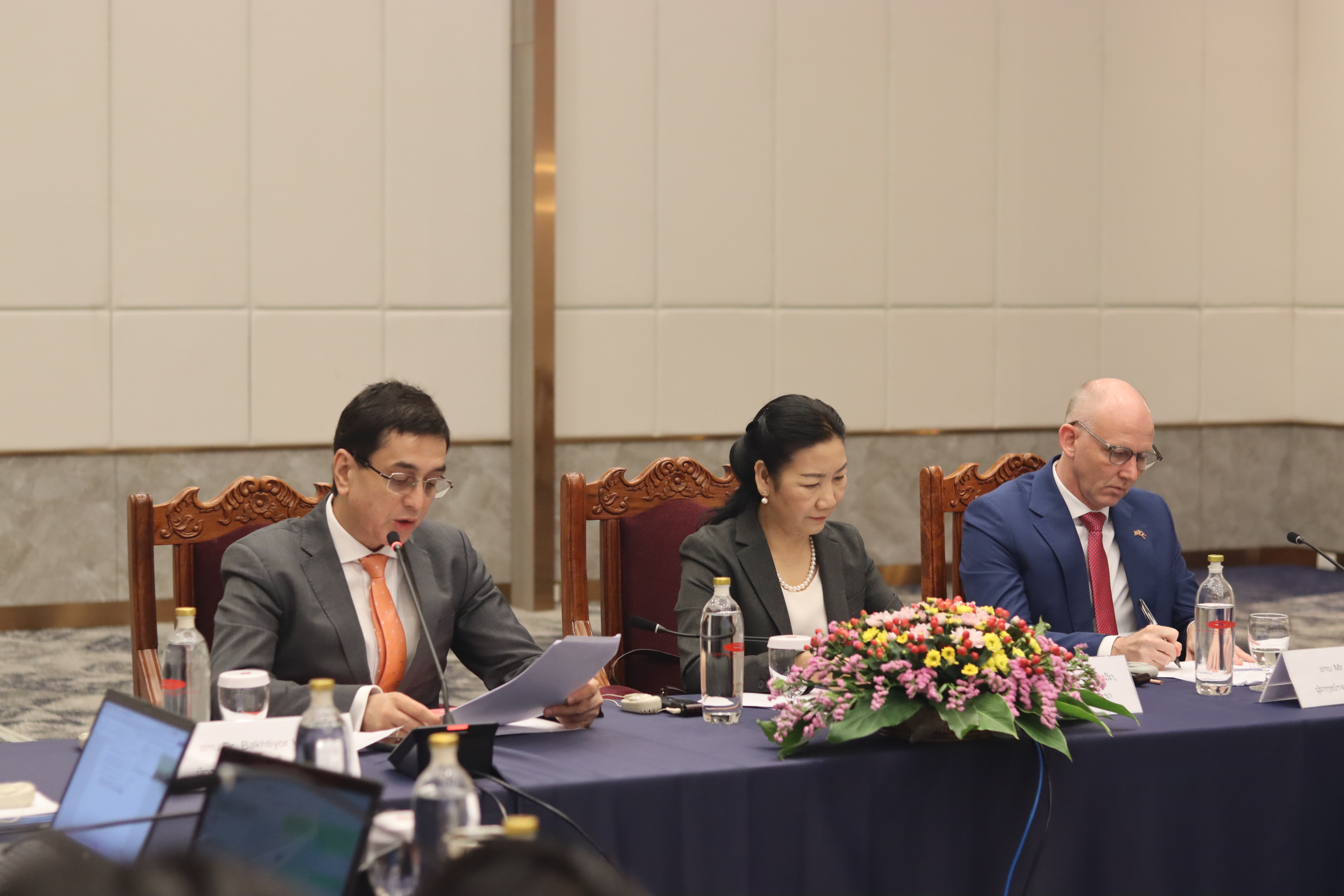
In his opening remarks, Dr Bakhtiyor Kadyrov, UNFPA Representative congratulated LSB for their commitment, dedication and continued efforts to ensure highest standards for the census preparation and roll-out. He added: “The UNFPA Disability Inclusion Strategy recognises that persons with disabilities are actors of change, and possess unique knowledge and lived experience that other party actors do not. This corporate strategy outlines a “whole of institution approach” aiming to further strengthen the capacity for quality population data collection, analysis and utilisation in policymaking and programming around population issues, gender equality and sexual and reproductive health, including population data in humanitarian settings. Mapping vulnerabilities through increased disability-related data is integral to the UNFPA mandate and fulfilling the three transformative results through leaving no one behind and reaching the furthest behind first.”
The ongoing census preparation is a great platform for multilateral cooperation, consultation, exchange and inclusion. Under the leadership of LSB and with the technical support from UNFPA, the different partners from line ministries, NGOs and development partners recognized the unique value of the census data, which in the absence of a comprehensive and well-functioning data system, represent an essential source of disaggregated data to help understand the conditions and struggles of each and every citizen. This is a basis for developing adequate policies and programs that meet the needs of people in Laos, in all their diversity.
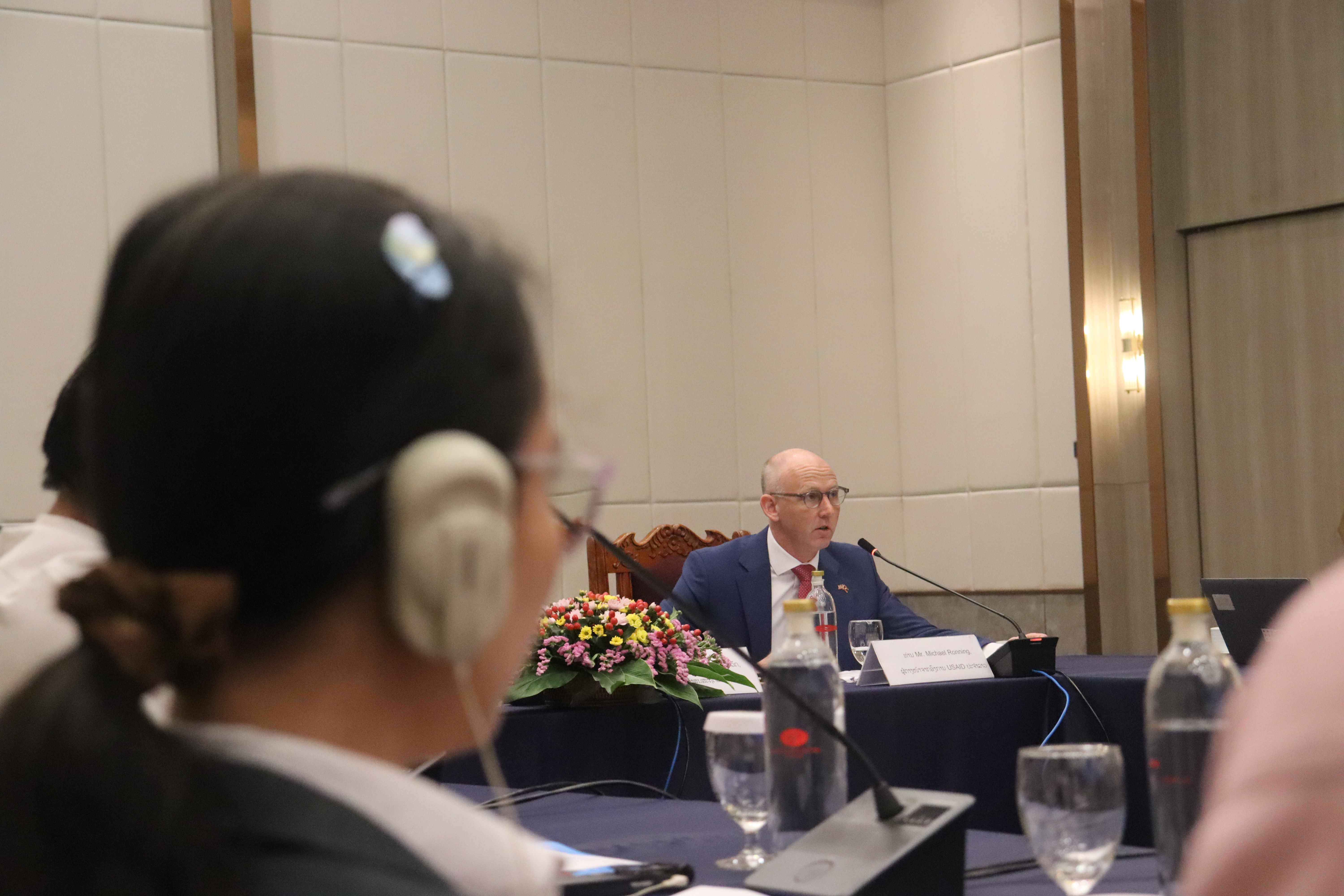
Mr Michael Ronning, USAID Country Representative to Laos, expressed his appreciation for the expanding comprehensive partnership between the United States and Lao PDR. “USAID is proud to support LSB, UNFPA and partners in this important work. The data collected will ensure policies will benefit every person in Laos, including persons with disabilities.”
Considering the scale and cost, the census requires strictly sequenced and interlinked interventions. A delay in any intervention has a knock-on effect on subsequent ones. Therefore, all sectors and people are encouraged to participate and contribute to the census process in a timely manner. Thanks to the commitment from the Government of Laos and to the contributions of the World Bank, USAID and DFAT, the funding gap has decreased. Currently,USD 10 million still needs to be mobilised, for the 2024 preparations.
***
Partnership and resource mobilisation is at the core of the UNFPA’s Census Strategy. At global, regional, and country levels, UNFPA focuses on coordination and institutional synergies to effectively use financial resources. UNFPA has been facilitating partners and donors to support the census in Lao PDR, ensuring high quality, effectiveness, and timeliness.
UNFPA, the U.N.'s sexual and reproductive health agency, works in over 150 countries, including Lao PDR, to achieve zero maternal deaths, zero unmet family planning needs, and zero gender-based violence.
For more information, please contact:

